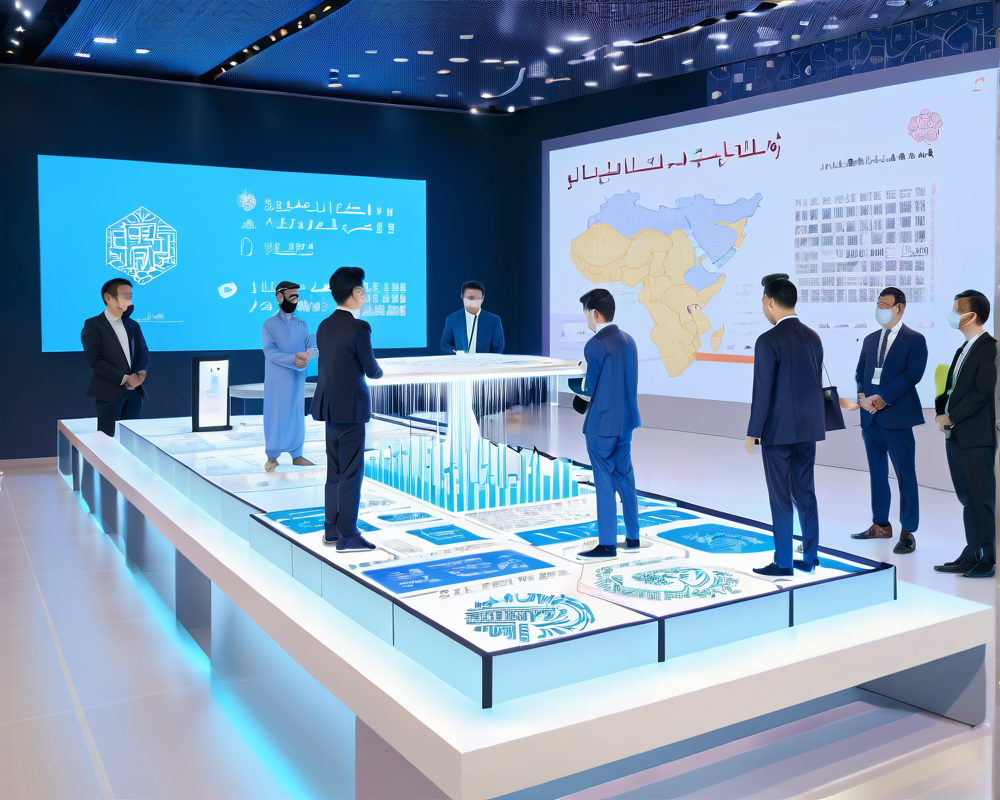The Birth of AceGPT
In a significant leap for Arabic technology, King Abdullah University of Science and Technology (KAUST) has teamed up with two esteemed Chinese institutions to develop an Arabic-centric artificial intelligence system. This groundbreaking AI, named AceGPT, is a large language model (LLM) that draws from Meta’s Llama 2 framework. The project was spearheaded by a Chinese-American professor at KAUST, with collaborative efforts involving the School of Data Science at the Chinese University of Hong Kong, Shenzhen (CUHKSZ) and the Shenzhen Research Institute of Big Data (SRIBD).
Purpose and Scope
AceGPT isn’t just an experiment; it aims to serve a very specific purpose. According to the project’s GitHub page, this AI model is tailored for Arabic speakers, acting as an AI assistant capable of addressing a variety of queries in Arabic. While it excels in this language, the developers have issued a warning—results in other languages may leave something to be desired.
Safety Features and User Responsibility
One might assume that given its high-profile origins, AceGPT would come fully equipped with safety features. While the developers have enhanced the model to identify potential misuse—like mishandling sensitive info or generating harmful content—they caution users about the model’s reliability. “We have not conducted an exhaustive safety check on the model, so users should exercise caution,” the developers stated, stressing the importance of responsible use. So, if you ever wondered whether technology could be both empowering and intimidating, you now have your answer!
Saudi Arabia: A Hub for Emerging Technologies
The development of AceGPT fits into a broader narrative of Saudi Arabia’s ambition to become a regional leader in emerging technologies, particularly in AI. Earlier this year, for instance, Saudi Arabia’s central bank made headlines by collaborating with the Hong Kong Monetary Authority on digital tokens and payments. Moreover, the government has made strategic partnerships with platforms like The Sandbox to push its metaverse visions forward. It’s as if Saudi Arabia is rearranging the chessboard, hoping to be a giant in the game of tech innovation.
The Wider Implications
However, the story doesn’t end there. U.S. regulators have been keeping a close eye on the situation, advising AI chip manufacturers like Nvidia and AMD to slow down on exports of their high-level semiconductor chips to certain Middle Eastern countries. A speculative twist in this tech saga reveals that these regulators later backtracked, denying any explicit bans on AI chip exports to the region. But let’s be real—when it comes to technology, it’s like trying to keep a cat in a box. Once you let it out, there’s no telling where it will roam!



